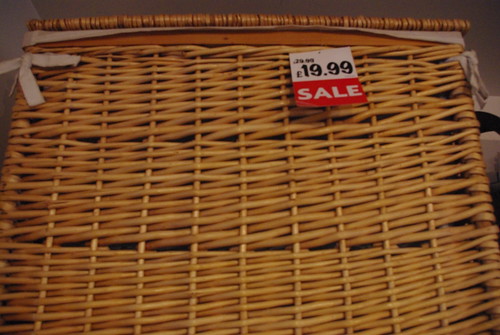If you are like me you probably have some favourite platforms that you find useful for your online life. This is a list of what I found worked and didn’t work from my internet experience in China. I thought that it would be handy to know, so that if you were visiting you could put surrogate services in place to continue your online life.
Works well
- Flickr – both Uploadr and the site work just as well as they work at home
- Delicious – again just works as well as you would expect it to at home
- Google – seemed to work fine, though this may change because they haven’t been the best corporate citizen in China recently. Interestingly, typing Google.com took me directly through to the US site rather than their usual trick of geo-targeting and loading up their local country portal instead – which is a source of mild irritation when I am travelling
- Google Analytics – dashboard worked as promised
- Feedburner – worked as good as usual. The 120-odd drop in subscribers on the day I arrived in China I put down to my content being uninteresting as it picked right up again the following day
- Pretty much all the major IM platforms worked well: I use Skype, Yahoo! messaging, AOL Instant Messenger, GTalk
- LinkedIn – worked fine
- Last.fm – worked just as well as it does back home. I scrobbled and listened to music from Shenzhen
- Web radio – I logged on to RTE to keep up with the latest news and current affairs closer to home with no problem at all
Patchy performance
- Foursquare – whilst I could select Hong Kong as a city, it found it often difficult to register with a place as it struggled to match location with ‘geo-coding’. A bit disappointing to be honest with you. I did use it successfully in Shenzhen where I found free wi-fi. Your mileage may vary
Didn’t work
- Twitter – I found myself using instant messenger much more, to compensate for the way that I use Twitter as a communications tool. I use a multi-platform instant messaging client called Adium and had no problem with Yahoo! Instant Messenger, GTalk, Skype, .mac | MobileMe messaging, AOL Instant messenger out here so workarounds for communication are really easy
- Friendfeed – to be honest I only looked at this because I thought I may be able to catch up on a few Twitter feeds
- Facebook doesn’t work, but my account is a zombie account anyway with content being fed in from other places like Twitter
- Bloglines – I would recommend downloading an RSS newsreader client and importing your OPML file to temporarily replace using Bloglines. I missed my RSS reader far more than the more banal communications of Twitter
Internet experience in China: performance
Generally sites can be a little slow and occasionally you need to use the refresh button. Traffic gets very slow indeed on Sunday evenings.
The Chinese are enthusiastic adopters of the ‘net and families often log-on to watch a film or TV programming on a Sunday evening – during this time, website load times noticeably increased and I found video Skype calls worse than useless. So let’s hope that BBC iPlayer doesn’t get too popular in the UK, otherwise reality TV shows may cause the ‘net to grind to a halt. More China related content here.


